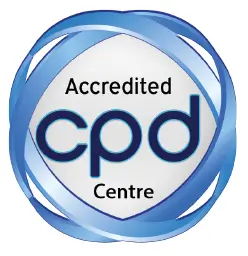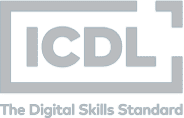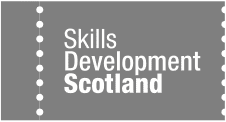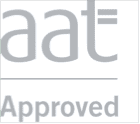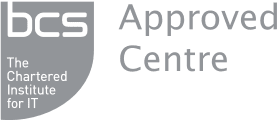Our bookkeeping training is covered by eight lessons and unlike some bookkeeping courses, our flexible, self-study methods mean you’re in charge of your progress.
The course covers, among many other aspects of manual bookkeeping, the double entry system, the basics of VAT, checking invoices for accuracy, day books, general ledger, purchase ledger and sales ledger, petty cash books and balancing ledger accounts.
There are eight lessons within this module as follows: –
- Lesson One – Including: The role of the book-keeper, the difference between capital, assets and liabilities, the dual effect of transactions and the double entry system, the accounting equation, the difference between cash and credit transactions, preparing simple balance sheets, identifying transactions in ledger accounts
- Lesson Two – Including: The basic principles of Value Added Tax, calculating VAT, constructing sales invoices, trade and cash discounts, posting sales invoices to the General Ledger
- Lesson Three – Including: Checking purchase invoices for accuracy, credit notes, posting purchase invoices and credit notes to the General Ledger, the purpose of the Purchases Day Book, Purchase Ledger, posting an Analysed Day Book to the General Ledger and Purchase Ledger
- Lesson Four – Including: purpose of an Analysed Sales Day Book, making postings to the General Ledger and Sales Ledger, understanding why Returns Day Books are used, identifying debit and credit entries, using day books confidently and accurately.
- Lesson Five – Including: Why the Cash Book is used, processing Cash Book payments and receipts, balancing the Cash Book, preparing a postings list, preparing a 3 column Cash Book
- Lesson Six – Including: Why the Petty Cash Book is used, processing Petty Cash payments and receipts, balancing the Petty Cash Book, preparing a cheque requisition
- Lesson Seven – Including: Using a Postings List to update the General Ledger, updating the Sales and Purchase Ledger from the Cash Book, balancing ledger accounts, posting balances from a list, coding day books
- Lesson Eight – Including: The purpose of a trial balance, preparing a trial balance, demonstrating the ability to maintain day books, prepare ledger balances and extract a trial balance
